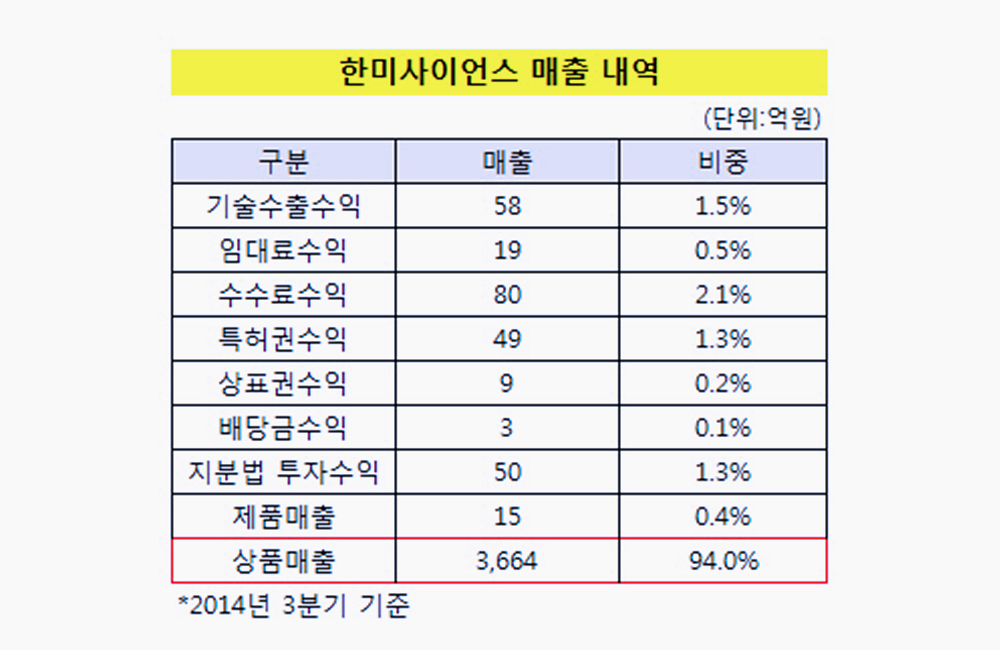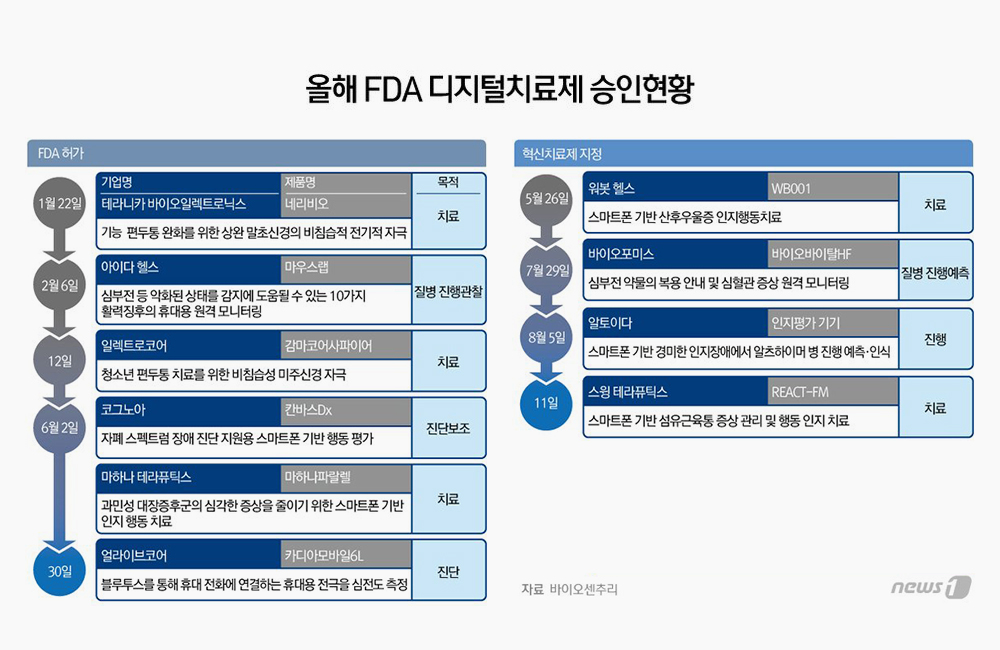As US health systems prioritize financial
recovery and innovation in the wake of the pandemic, the pressure is on to
re-evaluate their infrastructure and emerging technology investments, and to
ensure their efforts not only support the future of healthcare delivery, but
also provide services more efficiently and cost-effectively.
Insider Intelligence
While there is no widely agreed-upon
definition of a smart hospital, healthcare executives are nonetheless working
toward their visions of the hospital of the future. The digital solutions that
health systems are deploying today—like AI—are effectively steps in their
evolution into smart hospitals.
Artificial intelligence in healthcare
Several experts Insider Intelligence spoke
with agree: A smart hospital triggers action. It effectively leverages AI and
machine learning to not only learn from the data, but also act on the data by
building automation around it. "A smart hospital takes in information from
sensors, processes it in the data center, and then triggers a result,"
said Dr. Andrew Gostine, CEO of Artisight, an IoT sensor network provider.
"In this way, a smart hospital will start providing clinical care the way
clinicians do."
AI technology is integral to the hospital
of the future. Smart hospital solutions use AI to capture and process
information, then build automation around the data. Due to the pandemic,
healthcare executives in the US are more interested in AI and automation
technology than ever.
In January 2021, 61% of those in the
C-suite said their organization planned to deploy AI or machine learning tech
in the coming year, per the BDO USA survey. That is significantly higher than
the 38% who said their organization was currently deploying the technology.
Half of hospital or health system leaders said in February 2021 that their
organization either had deployed automation technology or had driven positive
results from automation investments and was expanding capabilities in that
vein, according to a Guidehouse survey conducted by the Healthcare Financial
Management Association (HFMA). Only 15% said the same in similar 2020 polling.
In fact, the Guidehouse study also found
the number of US hospitals that have deployed automation technologies has
tripled since 2020.
Putting AI in healthcare into action
Over the past year, several companies have
released platforms and services that simplify the development of various AI
healthcare solutions. In May 2020, for example, Nvidia launched Clara Guardian,
an application framework and partner ecosystem that combine smart sensors and
multimodal AI to help developers build smart hospital solutions like fall
detection, infection control, thermal sensing, and patient monitoring.
At Intermountain Healthcare, a health
system based in Salt Lake City, Olive developed an AI platform that features
natural language processing (NLP) technology and aggregates patient data on
various surgical procedures into cohorts of comparable cases. The startup also
worked closely with surgeons to determine why clinical variations were
occurring. In 2018, the company said that this work yielded tens of millions of
dollars in savings over several years.
Flagler Hospital in St. Augustine, Florida,
tapped AI software developed by Ayasdi to optimize care pathways for pneumonia.
As a result of the partnership, the hospital was able to save $1,350 per
pneumonia patient and reduce the length of stay by two days, according to a
Healthcare Innovation article from April 2019.









